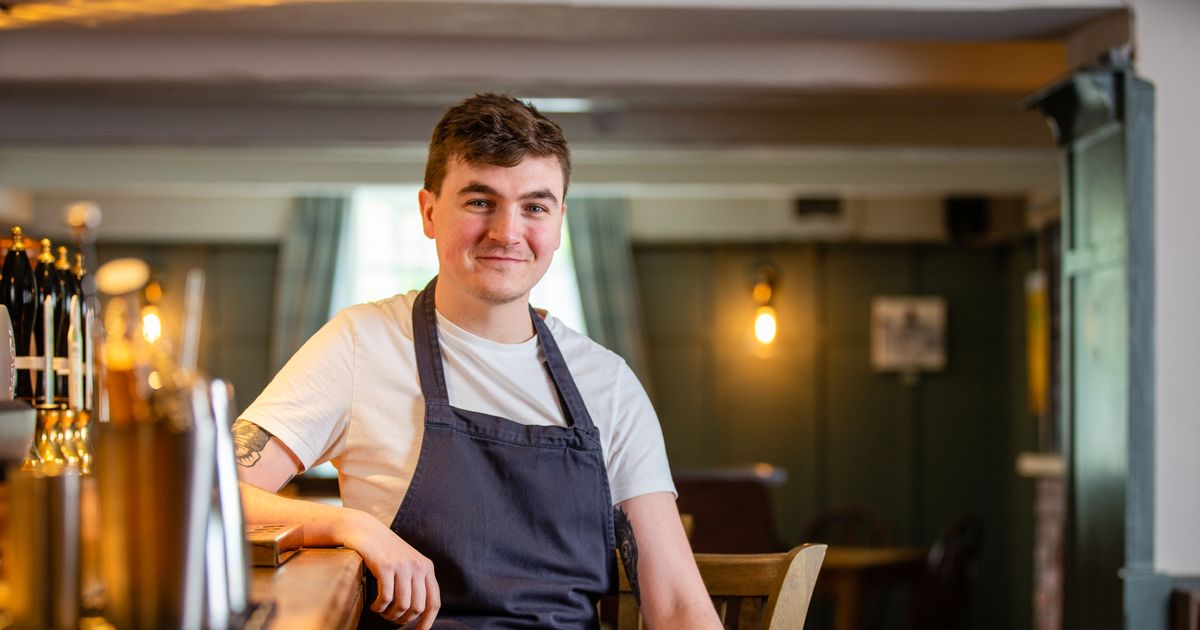Special report: The Government has launched a fast track-review to “tear up outdated licensing rules” but what do pubs, bars and restaurants really make of the proposals – and will they be enough to save hospitality?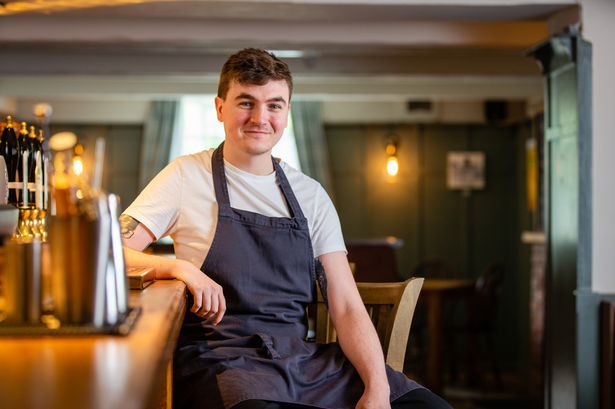 Luke Payne, chef-owner of The Pack Horse in Hayfield (Image: Supplied)
Luke Payne, chef-owner of The Pack Horse in Hayfield (Image: Supplied)
Earlier this month, the Government spoke directly to those who run pubs, restaurants and bars.What on the surface appeared to be a rather woolly announcement on potential changes to UK licensing quickly spawned into something else – a debate about the future of hospitality. In essence, it was an invitation for those in the sector to consult on what the Government is calling ‘outdated’ pub rules that have been ‘holding back’ pubs, bars and local events.The plans could potentially make it easier for venues to serve food outside, host more live music, and open later if they so wish, in what Prime Minister Sir Keir Starmer said was about “cutting red tape” and “boosting footfall” to boost economic growth.
Join the Manchester Evening News WhatsApp group HERE
Devised with a taskforce of industry experts, the proposals centred on nine key recommendations – in particular streamlining on-trade alcohol licensing, extending business rates relief, and cutting alcohol duty on draught pints – may have seemed innocuous but it opened a can of worms.
News outlets talked of longer licensing hours, prompting many to push back on what could create further anti-social behaviour if venues stayed open later and rules around alcohol relaxed.
Beyond this though, those who run the very venues the Government are talking about supporting balked at the recommendations, feeling it missed the mark at a time when it’s hard enough to get people through the doors, never mind opening for longer.
Across Greater Manchester and beyond, the people running pubs, restaurants and bars reacted to the plans and formation of a taskforce with very little enthusiasm, saying they felt the Government hadn’t listened to what the industry actually needs.
Rob Norbury, who runs the Farrars Arms pub in Oldham and Muse in Uppermill says that the problem is that the drinking and dining landscape has shifted, with people less inclined to stay out late.
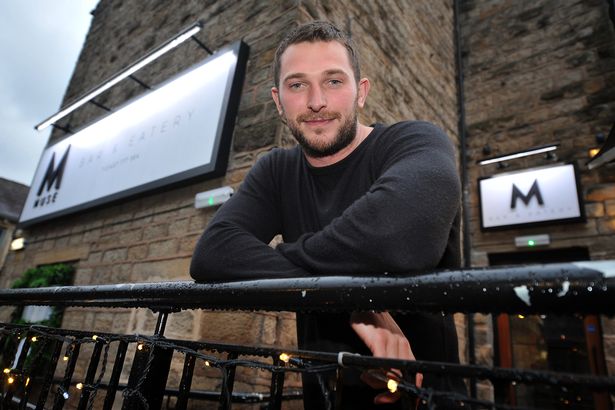 Rob Norbury, who runs Muse in Uppermill and The Farrars Arms pub in Oldham, has spoken about the planned reforms on the hospitality industry(Image: Manchester Evening News)
Rob Norbury, who runs Muse in Uppermill and The Farrars Arms pub in Oldham, has spoken about the planned reforms on the hospitality industry(Image: Manchester Evening News)
“Since Covid, the drinking or hospitality scene has changed, people are coming out earlier and going home earlier, extending opening hours would suggest the Government doesn’t understand that,” he told the Manchester Evening News.
“We’ve seen the same thing, we’re probably reducing opening hours and closing earlier, because the want isn’t there, but also because the cost of staffing is becoming uncontrollable.
“Since the changes in April, the wage bill is almost at the point of not worth opening some days.”
In the 2024 Autumn Budget, Chancellor Rachel Reeves announced the rate of the employers National Insurance Contributions (NICs) would increase from 13.8% to 15% from 6 April 2025. The level at which employers start paying NICs was also reduced from £9,100 to £5,000 per year.
At the same time, from April, National Living Wage increased 6.7% to £12.21 per hour, and the national minimum wage for 18-20-year-olds increased to 16.3% to £10 per hour.
“There doesn’t seem to be a genuine understanding of what the industry needs,” it seems wishy washy, it’s just more tokenism,” adds Rob.
“We just need to have some kind of understanding of what we work on, the margins are tight, so the UK will just end up with big chains because they can cover their increased cost and have buying power.
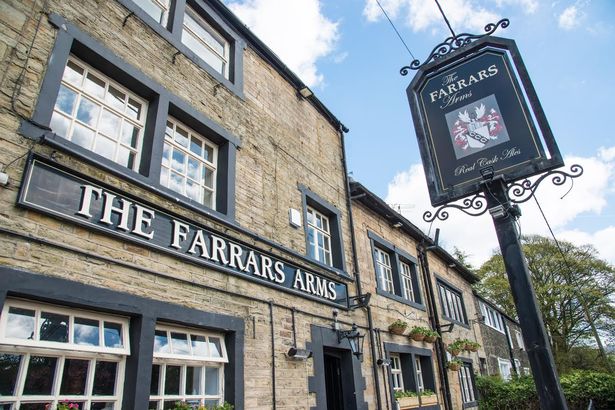 Rob, of the Farrars Arms in Oldham, said ‘anybody who is still here today has already had to adapt many times in order to survive'(Image: Manchester Evening News)
Rob, of the Farrars Arms in Oldham, said ‘anybody who is still here today has already had to adapt many times in order to survive'(Image: Manchester Evening News)
“When they made the decision to increase the minimum wage, it hurt the people. It’s not a set of plans to help people move forward, we also don’t find we need to stay open after 12am or 1am.
“The idea of reducing red tape is great, but that mostly holds back the big fishes in the industry, doesn’t stop an independent from opening or closing, so it seems they’re only pitching for large-scale operators, not the ones that need a helping hand.
It’s something that Neil Burke, who runs The Black Friar in Salford, and has just reopened the historic Horse & Jockey pub on Chorlton Green, echoes.
“Opening for longer hours is just extending the cost of running a business, it’s about making the existing hours more operationally easier,” he notes.
“I don’t want to be a late-night venue because you then have to think about security and costs associated with staying open late.
“When I have wanted to open later here at The Black Friar, the council has been very accommodating, such as the tent that we put up, they’ve always granted it, so I can stay open if I really do want to.”
On why he thinks the Government has made this call for evidence just weeks before the next budget he believes that there will not be a change to VAT – something the industry has been calling for – and added pressure from the hospitality sector to do something that will make a tangible difference.
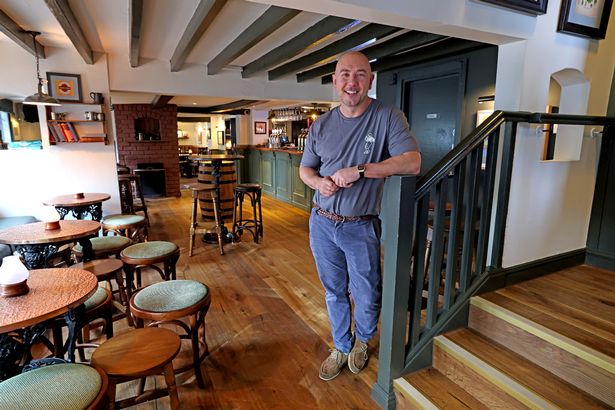 Owner of The Horse & Jockey, Neil Burke (Image: Jason Roberts /Manchester Evening News)
Owner of The Horse & Jockey, Neil Burke (Image: Jason Roberts /Manchester Evening News)
“It’s a sinking ship, but they’re not supporting businesses in the right way, and I’m not even sure people are asking for these licensing changes.
“It’s the operation that’s the issue, they should be supporting new businesses that open up in the short term and helping them survive the first 12 months.
“Since Brexit, import taxes have gone up, so has duty on alcohol, fuel and delivery services too, then there’s minimum wage and national insurance going up to consider.
“The National Insurance Contribution for this pub alone costs me £77k in a year here in Salford – that’s £4,5,00 a week.
“I run at a 9-10% model so where am I going to find that money? Extra sales by putting prices up? We just go round and round and round.”
“The business rate relief has reduced in the last year too and it’s unmanageable. Everything has gone up. Consumer confidence and spending has dropped too.”
In the last Autumn Budget, The Retail, Hospitality and Leisure (RHL) relief scheme was extended for one year for 2025/26, retaining the existing eligibility criteria but reducing the level of relief to 40%, up to a cap of £110,000 per business.
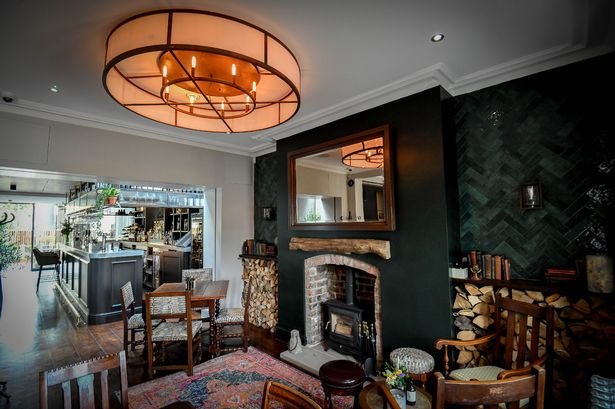 The Black Friar pub in Salford(Image: Manchester Evening News)
The Black Friar pub in Salford(Image: Manchester Evening News)
Both these Greater Manchester publicans believe that the best way is through a VAT reduction, otherwise as Neil says “businesses just won’t survive”.
Rob adds: “It’s frustrating, it’s been said over and over again but reducing VAT and being realistic about business rates, but it is not of interest to them, seems a token gesture.
“The industry doesn’t get the respect it should, and unfortunately it’s a situation where people want their local store open but I know from our end the margins are tighter and costs are getting higher – we’re stuck behind a rock and a hard place.
“It’s just very difficult, and it feels at times that all the hospitality industry is doing is moaning but all you have to do is look at how many places are closing down.
“We don’t expect handouts, but it is at a crunch point, things do need to be looked at so we can prosper and not just survive.”
For Luke Payne, chef-patron of the Pack Horse in Hayfield in Derbyshire, he feels things are at a critical point.
“With encouraging pubs to open later, I think the whole thing is nonsense, it’s becoming more apparent that the Government is out of touch.
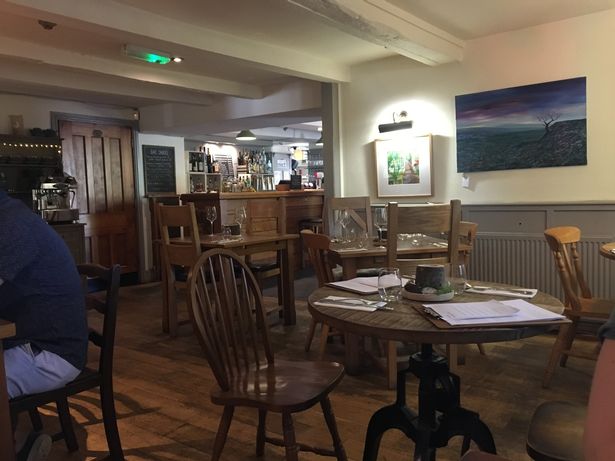 Inside the Park Horse in Hayfield(Image: Manchester Evening News)
Inside the Park Horse in Hayfield(Image: Manchester Evening News)
“There’s no consultation with those on the front line. It feels like they hold us in contempt and won’t even talk to us directly,” he says.
“All it would do is cost me more to have more staff on, for only a couple of people to come in at midnight. It’s unfair on the team, but the Government has packaged up as trying to help but all it’ll do for them is generate more tax revenue.
“It screams that they have no idea what’s going on, all it will do is make it easier for less legitimate businesses to come on the scene, and mix with late licensing, encouraging mass amounts of anti-social behaviour when local policing is already stretched.”
Like others, Luke and his team have had to grapple over the last six months with the changes that came into effect after the last budget.
“The Living Wage increase and the National Insurance Contribution increase has been a crippler, we’ve had no cash flow, no ability to invest, and the margins squeezed so tight.
“It’s a meritocracy, you can’t have a pot washer walking off with more than head chef. It’s so unsustainable and it’s an immense challenge.
“I’ve had to invest a lot of my own money and I’ve not taken a paycheck for three months. I have to throw my own money at it to make sure people are paid on time, suppliers too, it’s just so disheartening – why are we being pushed to the brink?”
On VAT, he agrees with Neil and Rob that a reduction would be a big help. It currently sits at 20%.
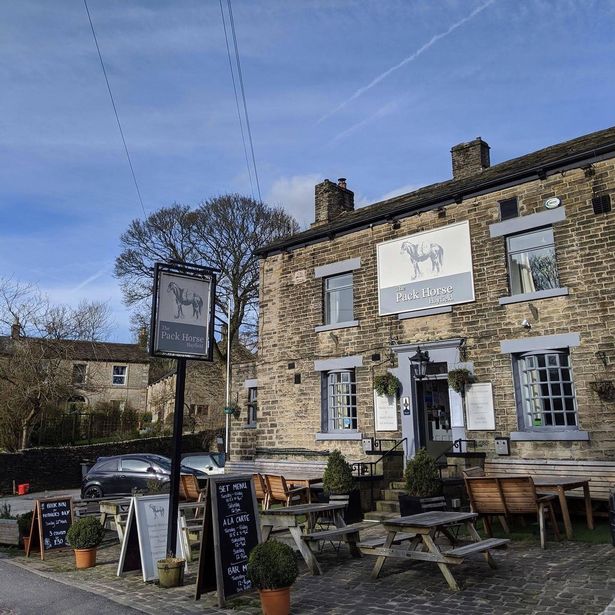 The Pack Horse in Hayfield, High Peak(Image: The Pack Horse)
The Pack Horse in Hayfield, High Peak(Image: The Pack Horse)
“They’re taxing all of us out of having a good time. Even 12.5 or 15% would drive more people to eat out, making the industry more profitable, and help the local economy – it’s a no-brainer.
Like Rob, Luke has also witnessed changes in the dining scene over the last few years. “Lunch used to be this ultimate sign that the casual dining scene was doing well, but hard to get people in now, which is a key indicator that things are not all rosy.”
With increased costs for operators too, some of these costs have had to be passed on, which Luke says is just about being open and honest with diners about the challenges they are facing.
“I’ve got nothing to hide, and I’m not afraid to put my flag in the ground. To most people they see us busy and packed out but I’m making ten pence pence on a pint and food margins are being squeezed, then there’s beef inflation which is close to 30%, so it’s about being upfront as possible, if prices go up it’s not because I’m taking a slice.”
Even though he opened his second venue, Almanac, this summer, Luke says it’s a struggle to get people through the door, despite the reputation of The Pack Horse.
“The place in Glossop has generally been a real struggle, it’s a prime location and we’re trying something different, but mid-week we’re only doing four our covers all day – we’re just having to ride it out.
“We’re having to hunker down and hope, we hoped the Pack Horse reputation would help us, but it may have been a hindrance.
“This second place is more affordable for diners, you can come in for lunch for £15-20, but it’s about gauging the audience, and throwing everything at it.
“It’s not the public’s fault, there’s always more we can do. It’s not been an easy start though.
“It feels like it gets harder every year and I thought Covid was bad. Why I decided to open a second venue I don’t know, but it is my greatest pleasure to be on this high street, this town is ready and fully deserves it.”
In a rather bleak testament from such a decorated chef, he says it’s like “living month to month” and is “struggling to survive”.
“I live it every day, it’s so immensely frustrating.”
A spokesperson for Manchester City Council said: “Although we do not yet know the detail of the proposed new framework, we are looking forward to receiving them and working to ensure that any changes to the law can best serve the people of Manchester and its range of licensed venues.
“On the whole we have a positive and reciprocal relationship with the businesses that engage with licensing and when issues arise we do our best to ensure that a positive outcome can be arrived at.”
A Government spokesperson said: “Reforming licensing rules and red tape is one of the ways we are seeking to help Manchester’s pubs and bars for years.
“Our review will look at their suggestions and reduce admin costs, making it easier for venues to put on the kind of events that bring people together and grow the economy.”
